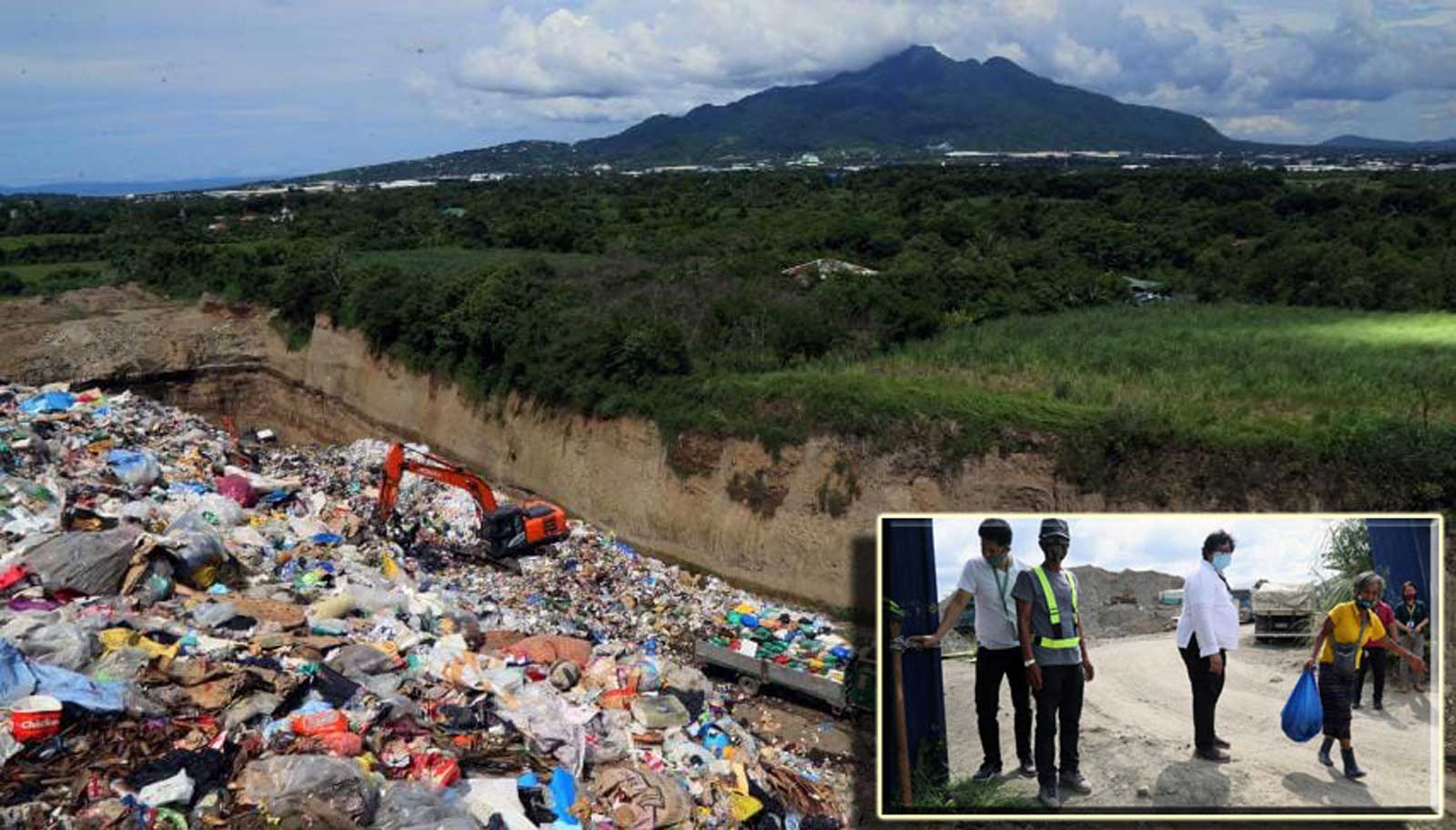Too much expected, too little given to local governments in waste management — PIDS study

WASTE management has been simply dumped on the shoulders of local government units (LGUs) while they lack resources, resulting in the poor implementation of the Ecological Solid Waste Management Act of 2000, a Philippine Institute for Development Studies (PIDS) report said.
“Communities are passive. Barangays are heavily dependent on cities and municipal governments,” Sonny N. Domingo, one of the authors of the report, said at a webinar on Thursday.
“Barangays are also given so much in terms of mandate and responsibility, but they are the least empowered in terms of capacity and resource.”
The report undertaken with Arvie Joy A. Manejar looked into the implementation of Republic Act 9003 or the Ecological Solid Waste Management Act of 2000 through case studies.
“Among (the law’s) critical provisions were the formal devolution of waste management to local levels, the forced closure of illegal dumpsites and investment on facilities; and the reduction and proper treatment of solid wastes,” the report published in January said.
“The overly simplistic transfer of responsibility to LGUs have largely resulted to two decades of mediocre policy grounding.”
The report said that barangays would handle waste segregation and collection, while municipalities handled hazardous waste.
“It was apparent that although much responsibility was expected from the barangay level, limitations in resources made them dependent on municipal initiatives,” the report said.
“Funding for waste collection equipment, wages of personnel, and the establishment of MRFs (materials recovery facilities) most often came from the city/municipal governments.”
Various LGUs, particularly small towns, have in the past defended their non-compliance to the law due to financial as well as technical capacity limitations on setting up required waste management facilities such as sanitary landfill.
Mr. Domingo said that local government reliance on policy grounding should be revisited. “LGU full autonomy is not working,” he said.
The pandemic, he added, created new requirements for more worker safety protection and strict waste handling. — Jenina P. Ibañez



